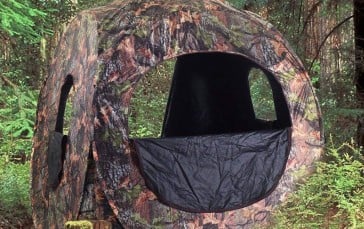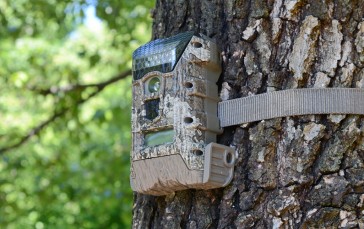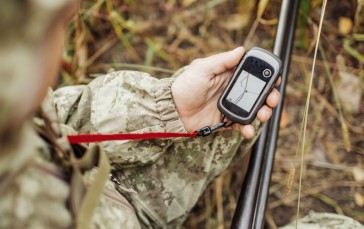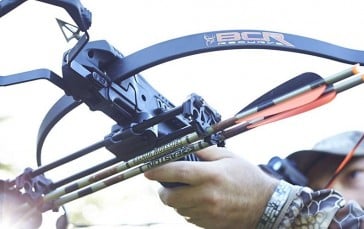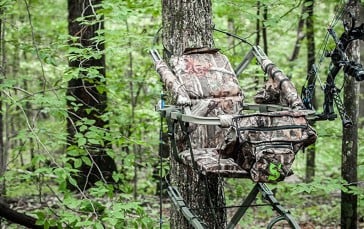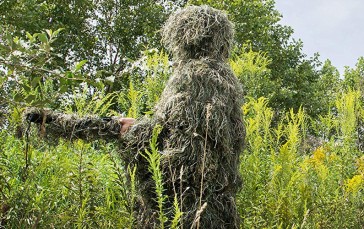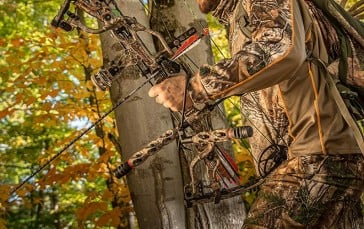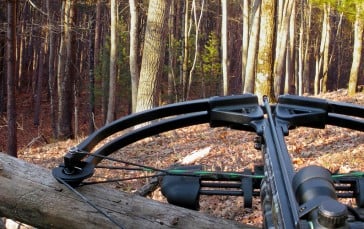Mistakes Novice Hunters Make
It’s always good to learn from our mistakes, and although we can’t be certain, we’re pretty sure as a novice hunter you’re making mistakes that might be costly. Thankfully, a lot of these mistakes can be easily avoided so that you can increase your chances of a successful hunt without too much hassle. In our latest blog post, we’ll take you through some of the most common mistakes that might jeopardize your chances of success. Don’t worry, we won’t just leave it there, we’ll also give you plenty of advice, so you get apply your newfound knowledge to your next hunting trip.
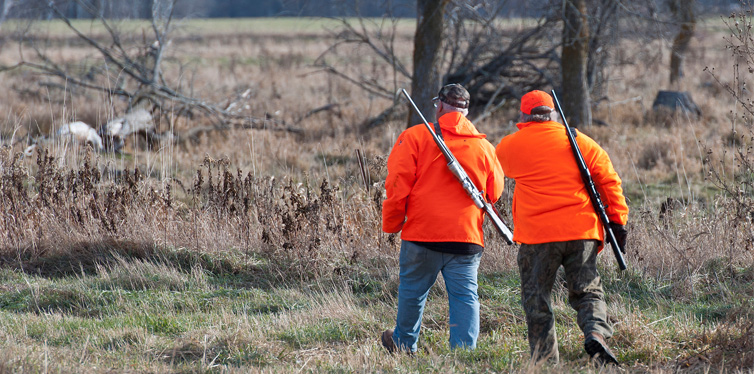
1. Investing In The Wrong Gear
If you’re yet to purchase your hunting essentials, it’s wise to know exactly what you’ll need and why before you go and splash hundreds of dollars on over equipping yourself. There are thousands of hunting equipment on the market right now, so choosing the items you really need can be difficult. As a starting point, you’ll need a hunting backpack, a hunting GPS, a hunting tree stand, and your hunting crossbow. Unfortunately, one of the most common mistakes beginners tend to make is relying on unnecessary equipment to compensate for skills such as accuracy, stand placement and shooting range.
2. Neglecting Your Gear
When hunting season is over and you pack your gear away, you can’t just forget about it and expect to pull it out in prime condition ready for the next hunting season. We all know that most hunting gear doesn’t exactly come cheap, particularly essentials such as hunting crossbows and hunting boots so avoid having to shell out for repairs and replacements and take good care of your gear from the off.
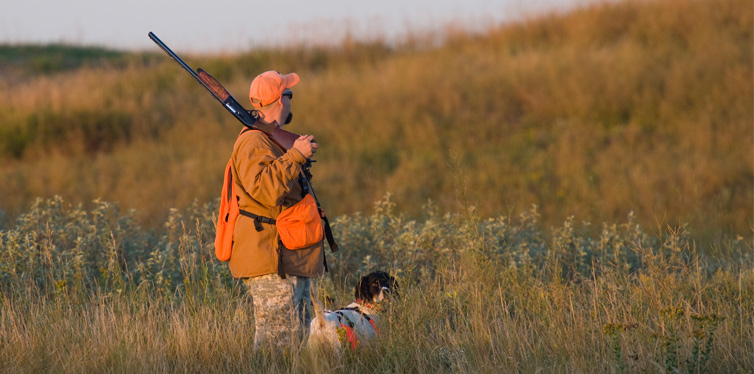
3. Leaving Your Scent Uncovered
So, you’ve got all the gear you need and you’re ready to head out and try your hand at hunting. However, if you’re leaving your scent uncovered, all the gear, no idea springs to mind! Leaving your trail behind is a sure-fire way to warn your target of your presence. A rule of thumb when it comes to hunting is that EVERYTHING goes up the hunting stand with you, that’s your food, drinks, hunting knives, hunting binoculars, hunting headlamps, and of course, your human scent. In order to mask your scent and avoid leaving a trail behind, you need to avoid leaning against trees, placing any of your gear on the ground or parking too close to your hunting spot. Where possible, you should use scent covers to further mask your presence.
4. Overusing Scents And Calls
We know, you’re probably thinking this is a little contradictory to our last point, but you need to be aware that overusing scents and calls in an attempt to stay incognito can also have a negative impact on your success rates. Before you head out, it’s important to understand when to use a particular call or scent.
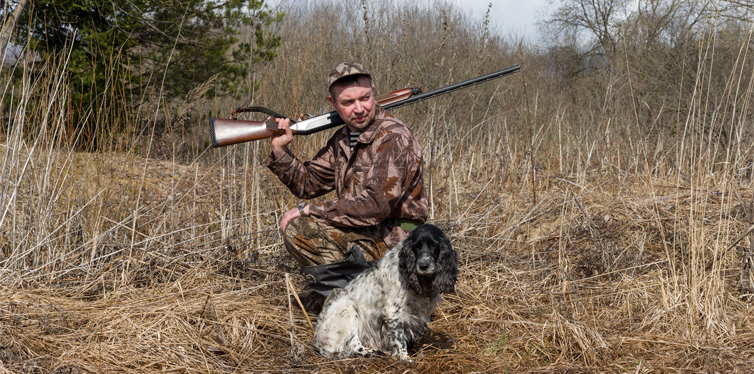
5. Being Unprepared For The Moment You Spot Your Target
Assuming you’ve just got started with your hunting hobby, would you be confident that you know what action to take if a deer unexpectedly shows up behind you? The thing is with hunting is that you can often find yourself in unexpected scenarios that will take you by surprise. To be certain that you’re always ready for that BIG moment, you should spend some time practising your hunting bow in awkward angles and positions, because the time to prepare isn’t always something you’ll get.
6. Being Impatient
Hunting is undoubtedly a waiting game. If patience is a skill you lack, it’s something you’ll need to develop and rapidly. More often than not, hunting will involve sitting on your stand for hours or end, or even a whole day. Sometimes, this is a fact that rookie hunters don’t quite get on board with from the offset. If you’ve found yourself sitting for hours waiting for a deer to show up before calling it a day, you might unknowingly spook them.
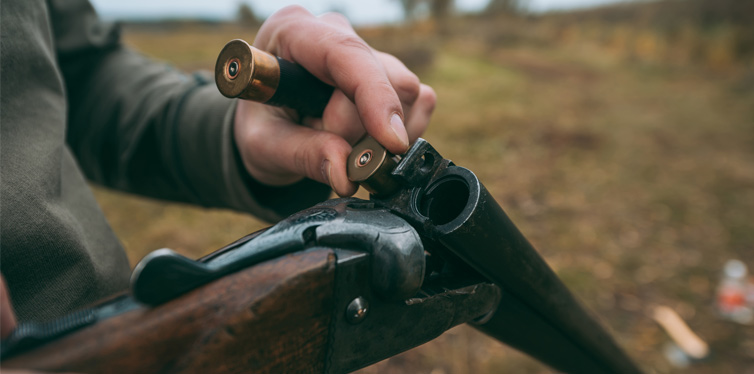
7. Not Knowing The Best Time To Hunt
It’s often the case that newbie hunters aren’t so good at recognising high-odds days. A seasoned hunter will have picked up the best days to head out over the years. Generally, high-odd days will be during cold fronts and rain events. The ability to recognise prime hunting days is something that will come with time, but to start, be sure to read up and ask your peers.
8. Listening To Bad Advice
You might think we’re back at it again with the contradictory advice, but this is a valuable lesson to learn. You’ll need to be able to separate the good advice from the bad. As you mature as a hunter, so will your ability to filter the tips and tricks you come across online and hear from your fellow hunters.
As with all new hobbies, discovering tactics, equipment’s and environments that are best suited to you and your abilities may take some time. Follow our basic steps as a starting point, read up on concepts you’d like to learn a little more about. Once you get started, be sure to plan effectively, take good care of your fancy new equipment and remember to be patient in the process. Most of all, be safe and enjoy!


